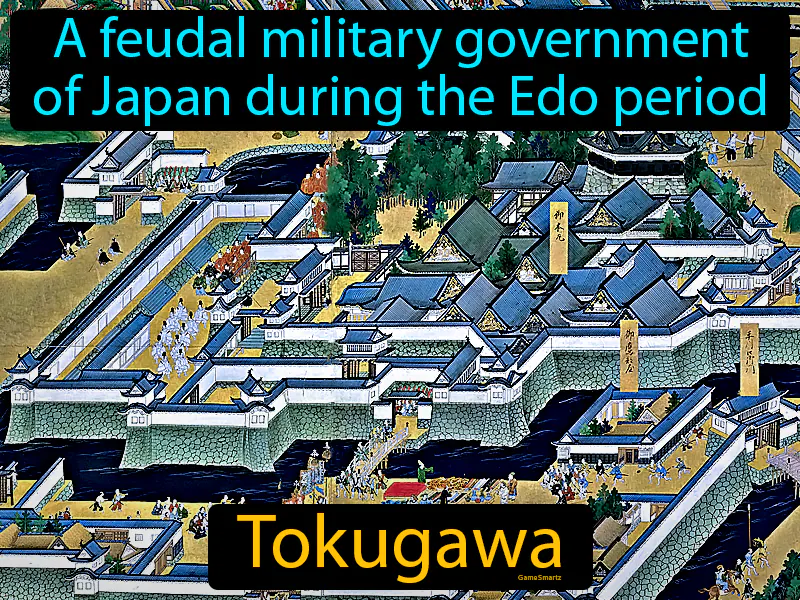Tokugawa

The Tokugawa period, also known as the Edo period, was crucial because it established long-lasting peace and stability in Japan under a centralized feudal system. It highlighted tensions between isolation and openness, as Japan largely closed itself off from the outside world to maintain control, a concept that still resonates today when countries debate globalization versus self-reliance. This era also saw the rise of urbanization and a merchant class, concepts relevant to modern economic and social structures. For an average person today, the Tokugawa emphasis on order and hierarchy can be seen in how societies value structure and rules, such as in schools or workplaces. Additionally, the balance between maintaining cultural traditions and embracing change is a common challenge people face in today's globalized world.
Practice Version

Tokugawa: A feudal military government of Japan during the Edo period. Tokugawa. The Tokugawa shogunate was the ruling government in Japan from 1603 to 1868, known for its strict social order and isolationist policies.